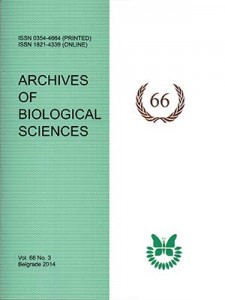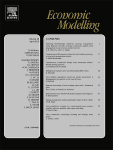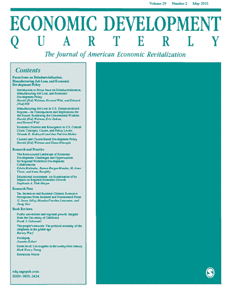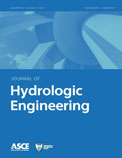 We’ve unearthed a retraction of an editorial titled “Goodbye…”, pulled from Cognition, Technology & Work by its retiring editor after he decided it was “inappropriate.”
We’ve unearthed a retraction of an editorial titled “Goodbye…”, pulled from Cognition, Technology & Work by its retiring editor after he decided it was “inappropriate.”
The original text is not online. The note in its place reads, in full:
This article has been retracted due to unintended publication.
The author of the editorial is psychologist Erik Hollnagel, based at the University of Southern Denmark, who left the journal after a decade. Interestingly, his own research includes studies of “When Things Go Wrong” (per the title of one of his book chapters), ranging from financial crises to the Fukushima disaster.
The error that led to this reaction seems tiny, in comparison. Hollnagel explains:
Continue reading “Goodbye…”?: Editor pulls farewell editorial after deeming it “inappropriate”






 A missed withdrawal request has led to doubled up publication and a later retraction for Brazilian physicists, through no fault of their own.
A missed withdrawal request has led to doubled up publication and a later retraction for Brazilian physicists, through no fault of their own.
